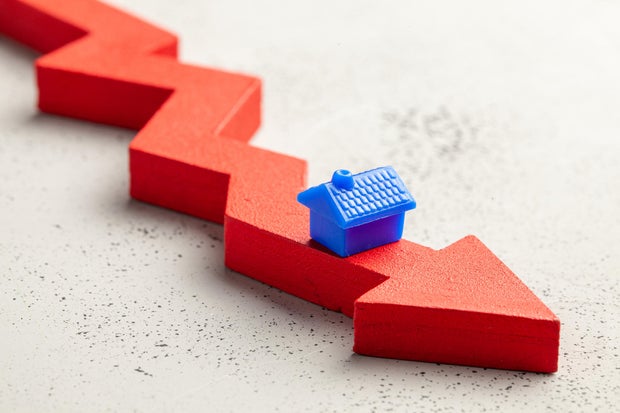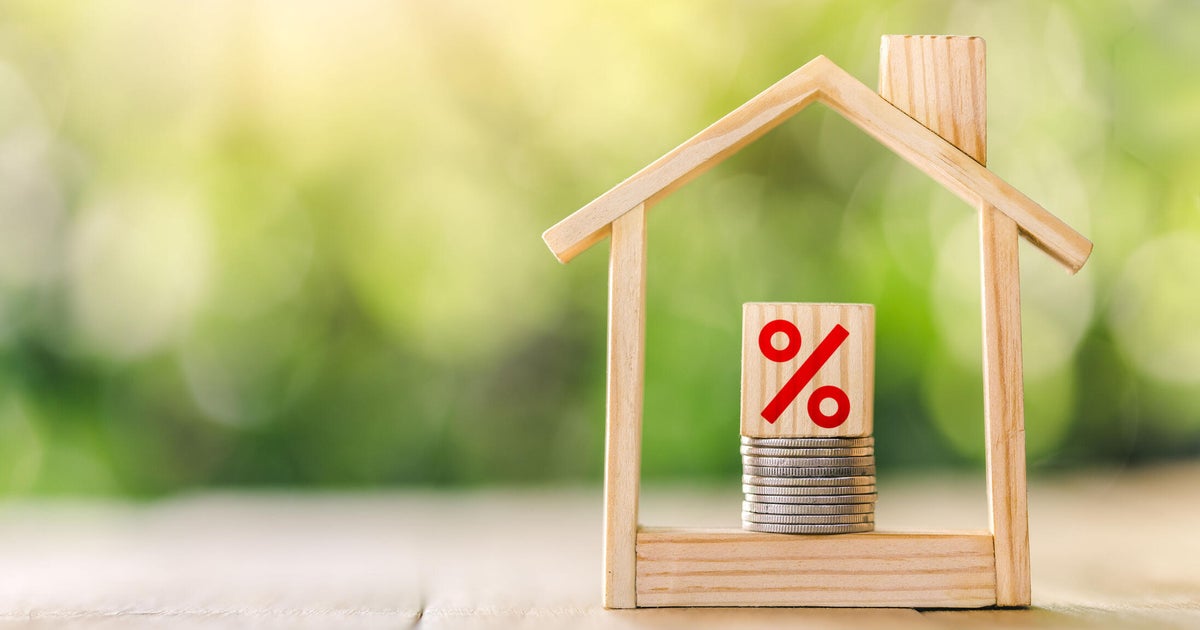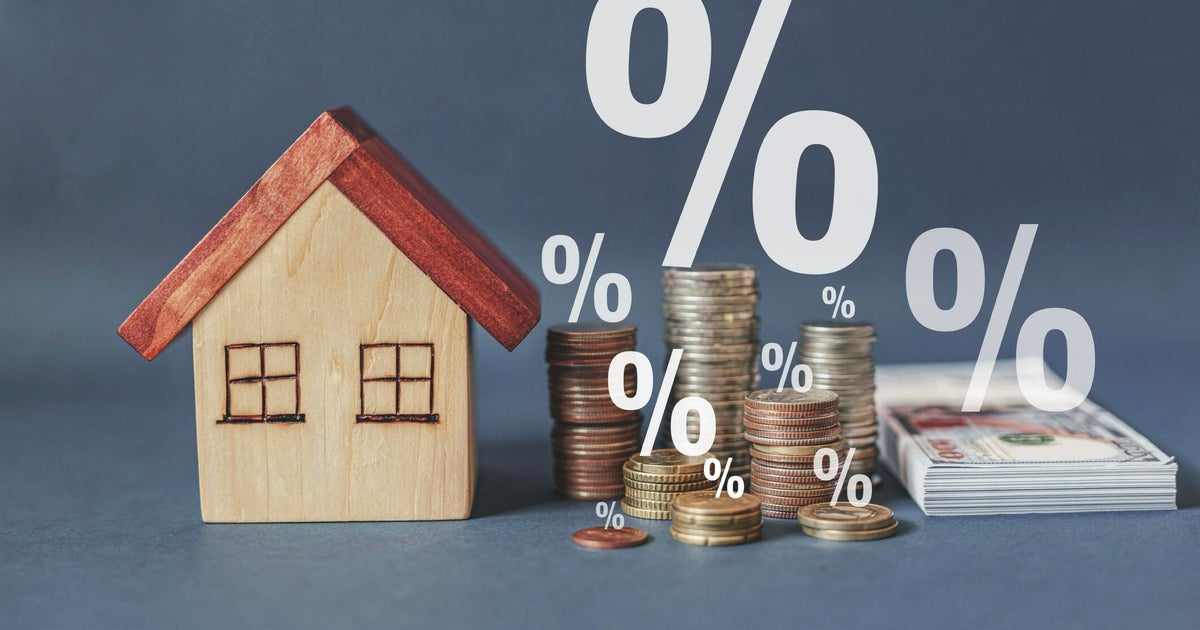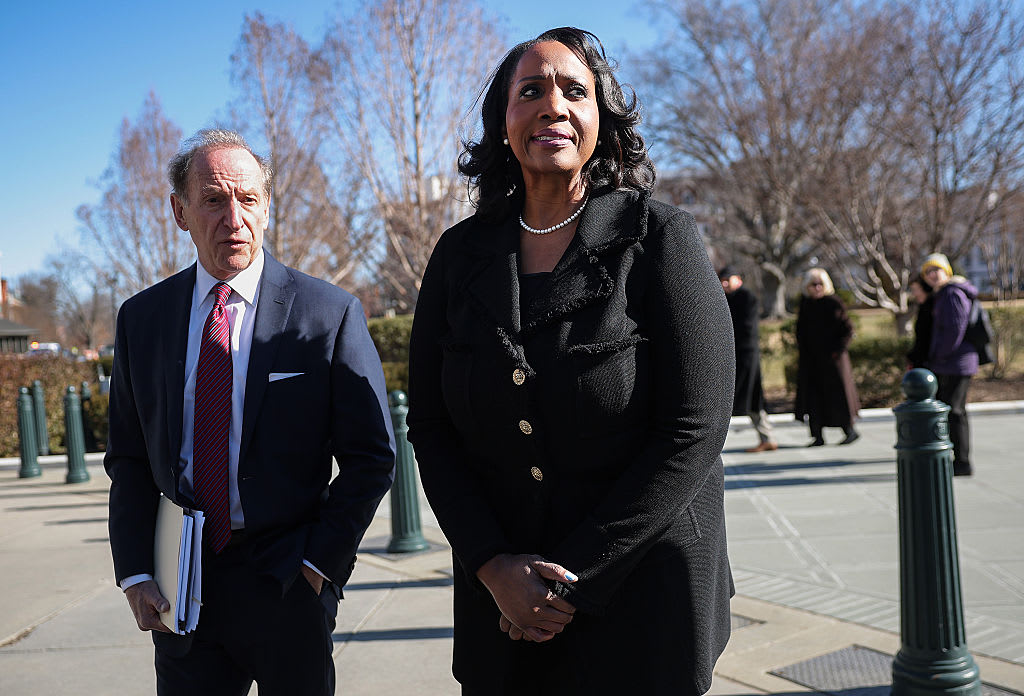3 big risks of waiting for mortgage interest rates to fall
Over the past year, mortgage rates have been on a downward trend as inflation cooled, and rates dropped even further over the last few weeks as the market anticipated the Federal Reserve's next rate-cutting cycle. With the first rate cut now official, the average 30-year fixed mortgage rate is 6.25% — down from a peak of over 8% one year ago.
If you're in the market for a new home, you're likely wondering what to expect next. "According to the Fed's Summary of Economic Projections, they expect to cut rates more over the next few years, reaching a 2.9% Fed Funds rate by 2026," says Josh Lewis, a certified mortgage consultant at The Educated Homebuyer.
But should you wait for rates to hit rock bottom in this cycle before you try to buy? Experts say doing so won't always work in your favor.
Compare your mortgage loan options online now.
3 big risks of waiting for mortgage interest rates to fall
While trying to time the market may land you a better interest rate, it can also bring additional risks. Here are three big risks to consider.
More competition
"Inventory levels across the U.S. are still very low. With rates coming down, more buyers will enter the market. And with increases in buyer demand will come increases in competition," says Jeremy Schachter, branch manager at Fairway Independent Mortgage Corporation. Essentially, you're looking at a higher chance of bidding wars and rejected offers.
Find out what today's best mortgage rates are here.
Fewer concessions
"With more demand, buyers will have fewer sellers offering concessions or credits for closing costs and repairs. If you're competing against other buyers for the same home, the best offer wins," Schachter adds.
Higher prices
Home prices will likely rise as rates fall, according to Lewis, but he doesn't think we're in for another housing market frenzy like we saw in 2021 and 2022.
"Lower rates are more likely to stabilize the market, increase sales, and lead to slow, steady price growth," Lewis says.
Should you buy a house now or wait?
With the above risks in mind, is it better to buy now or wait?
"I would recommend buying a home now with less competition and possibly getting more incentives from sellers," Schachter says. He adds that a $400,000 home you want to buy right now might be $450,000 next year.
You can also consider refinancing down the road to take advantage of falling rates. Although doing so involves closing costs and taxes, the benefits can outweigh the costs in some cases.
"In states with low closing costs like California, refinancing can make sense with a smaller rate drop. States with higher costs and taxes on refinancing need a bigger rate drop to justify refinancing," says Lewis.
Further, whether buying now is right for you depends on if you find the right home and are in a good place to buy it.
"That means your finances are stable with solid savings and good credit, a secure job and relationship, and you plan to stay in the home for at least five years," Lewis says.
The bottom line
Ultimately, it could be risky to wait to buy a home in today's market, but the reality is that there's no single simple answer for everyone. You'll want to weigh the potential costs of increased market competition and home prices against the potential savings of a lower interest rate to decide what's right for you. If you'd like help, consider consulting a financial advisor who can help you explore both options in depth.




